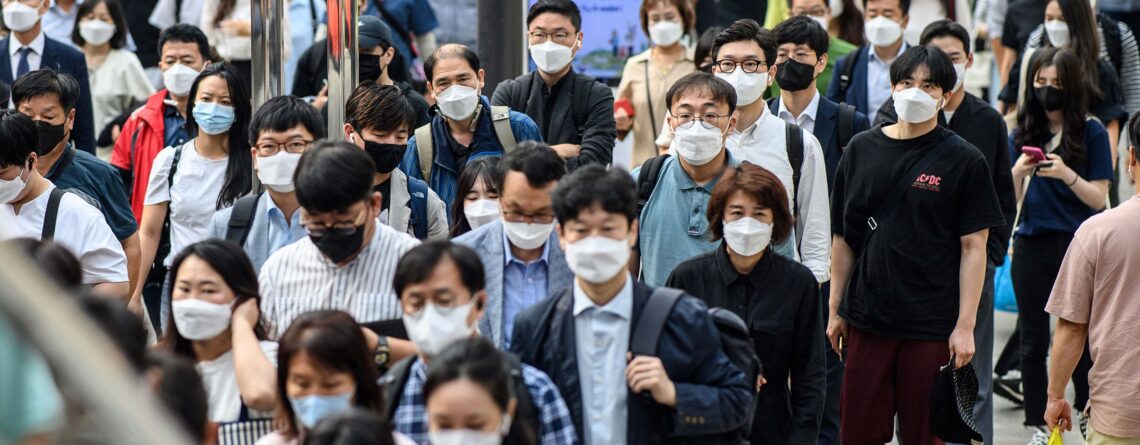South Korea. Urgent pension reform
One of the problems modern welfare states must tackle is defusing the pension time bomb.
And nowhere is this more urgent than in Korea, with the fastest aging population and steepest decline in birth rate worldwide. Moreover, thanks to accumulated funds, Korean retirees receive considerably more than they contributed. It contrasts with the pay-as-you-go-type schemes of some countries.
That cannot go on because of the nation’s demographic structure.
Someone must persuade Koreans to get less ― or at least not more ― than they chipped in. However, the previous Moon Jae-in administration avoided that politically unpopular job. It was a dereliction of duty.
We hope the incumbent government will be different. Pension reform is also one of President Yoon Suk Yeol’s three major reform tasks. Yoon vowed to complete the job “no matter how unpopular we may become.” Will the already unpopular president accomplish what his more popular predecessor could not? Koreans will see in years to come.
The first test for the Yoon administration will come soon enough. The Ministry of Health and Welfare is scheduled to unveil its pension reform plan by the end of next month. Currently, Koreans pay 9 percent of their monthly income as pension premiums and receive 40 percent of pre-retirement income as pensions when they reach 65. Experts say the fund will dry up in 2055 if the nation sticks to the present scheme.
Against this backdrop, an advisory panel released early this month calculations to sustain the pension system until 2093. The group of 12 experts said there would be no fewer than “18” different scenarios, depending on how officials adjust and combine three key factors ― premium rate, pension age and fund investment return. But the panel did not pick one, fearing a backlash. While focusing on financial sustainability, it also failed to touch the income replacement rate, making it an incomplete report.
These shortcomings notwithstanding, the report pointed a way, if timidly. Suppose Korea redoubles the current premium rate of 9 percent to 18 percent ― by 0.6 percent annually for 15 years ― and delays the pension age by three, from 65 to 68. In that case, the nation can avoid the fund’s depletion.
This is worth a try. The targeted premium rate of 18 percent is the average of the OECD countries. But the problem is whether retirees will accept frozen or reduced pensions. The delayed pension age also means the income replacement rate will fall even lower.
A Japanese expert’s advice could help. “Are you telling your people that pensions are not a form of savings but insurance?” Professor Yoshikazu Genzo of Keio University asked Korean reporters. He stressed that an annuity is an insurance against living longer. Genzo advised pensioners to come to terms with reduced pensions by thinking they “gave pocket money to grandchildren and great-grandchildren.” Japan, which reformed its pension system in 2004, vowed not to raise the premium rate above 18.3 percent and not reduce pensions below a certain level, reassuring its people. It also integrated basic state benefits into the national pension.
Some European countries converted part of the public fund into privately invested funds to raise return rates. Others adopted a “hybrid pension” system, mixing a pay-as-you-go scheme with the fund system.
All this shows that “willpower” comes before directions. Given this country’s ever-widening ideological rift, the road ahead will be rocky. It is questionable whether the Yoon administration, which has bungled the other two major reforms of labor and education, will do any better in this area. Parliamentary elections next April will also incite populist temptations on both sides of the aisle.
Two things appear disreputable in this regard.
First, the later the reform, the bigger the burden. Yoon must stick to his campaign pledge. Second, he must push for reform by transparently disclosing all related information, offering reasonable directions, and persuading people through sufficient discussions.
The president has always said he prioritizes the weak in society and future generations. He must prove it with action.
Read more @koreatimes











